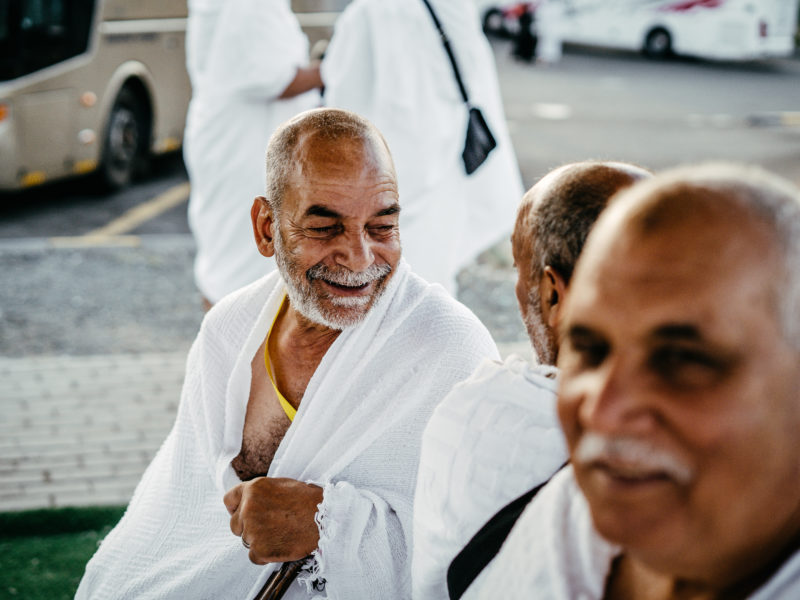Knowing how to ask questions is a key skill for anyone looking to learn from others. Whether you’re seeking information or advice, trying to set yourself SMART goals, or simply looking to broaden your horizons, knowing how to ask questions is an essential part of your learning process. In this article, I’ll explore some tips and strategies for how to ask great questions in order to learn from other people.
Be specific and focused
One of the most important elements is to be specific and focused in your approach. This means identifying what you want to learn or know, and tailoring your questions accordingly. It’s much easier to get useful and informative answers when you ask precise and targeted questions, rather than broad or vague ones.
For example, if you’re seeking advice on a specific problem you’re facing at work, be clear about what that problem is and what you want to know. Rather than asking a general question like “What should I do about this problem at work?” try asking a more specific question, like “What steps can I take to resolve this issue with my boss?”
Avoid loaded questions
Another important aspect is avoiding loaded questions. These are questions that contain assumptions or biases, or that are intended to steer the conversation in a particular direction. Leading or loaded questions can create defensiveness in the person you’re speaking with and can limit the information and insight you’re able to gain.
A loaded question, for example, would be: “Don’t you think this approach is flawed?” Asking this way assumes that the approach is, in fact, flawed, and puts the other person on the defensive. A better approach might be to ask an open-ended question like: “What do you think of this approach?”. This allows the other person to share their thoughts and opinions without feeling like they’re being judged or criticized.
Ask open-ended questions
Open-ended questions require more than a yes or no answer. They encourage the person you’re speaking with to share their thoughts and opinions in more detail. These types of questions are great for getting to know someone better, exploring a topic in more depth, or uncovering new insights or perspectives.
Some examples of open-ended questions might include:
- “What do you think about [a particular topic]?”
- “Can you tell me more about [a particular experience]?”
- “How do you think we could improve [a particular situation or process]?”
Use follow-up questions
Another key aspect is to use follow-up questions to explore topics in more detail. This means building on the information and insights you’ve already gained, and asking additional questions to deepen your understanding.
If someone shares an experience with you, you might ask follow-up questions like:
- “What were some of the key challenges you faced in that situation?”
- “How did you overcome those challenges?”
- “What did you learn from that experience?”
Follow-up questions are great for showing the person you’re speaking with that you’re truly interested in what they have to say, and that you’re invested in learning from them.
Listen actively
Perhaps the most important part is to listen actively to the responses you receive. This means paying close attention to what the other person is saying and being present in the moment. Avoid thinking about your next question, while the other person is still trying to respond to your first.
Active listening involves a few key elements, including:
- Focusing your attention on the person speaking
- Avoiding distractions (such as phones or other devices)
- Avoiding interrupting or interjecting
- Showing empathy and understanding
- Clarifying information or asking for additional details when necessary
By actively listening to the responses you receive, you’ll be able to gain a deeper understanding of the person you’re speaking with, and learn more from their insights and experiences.
(Adapted from OpenAI conversation)






